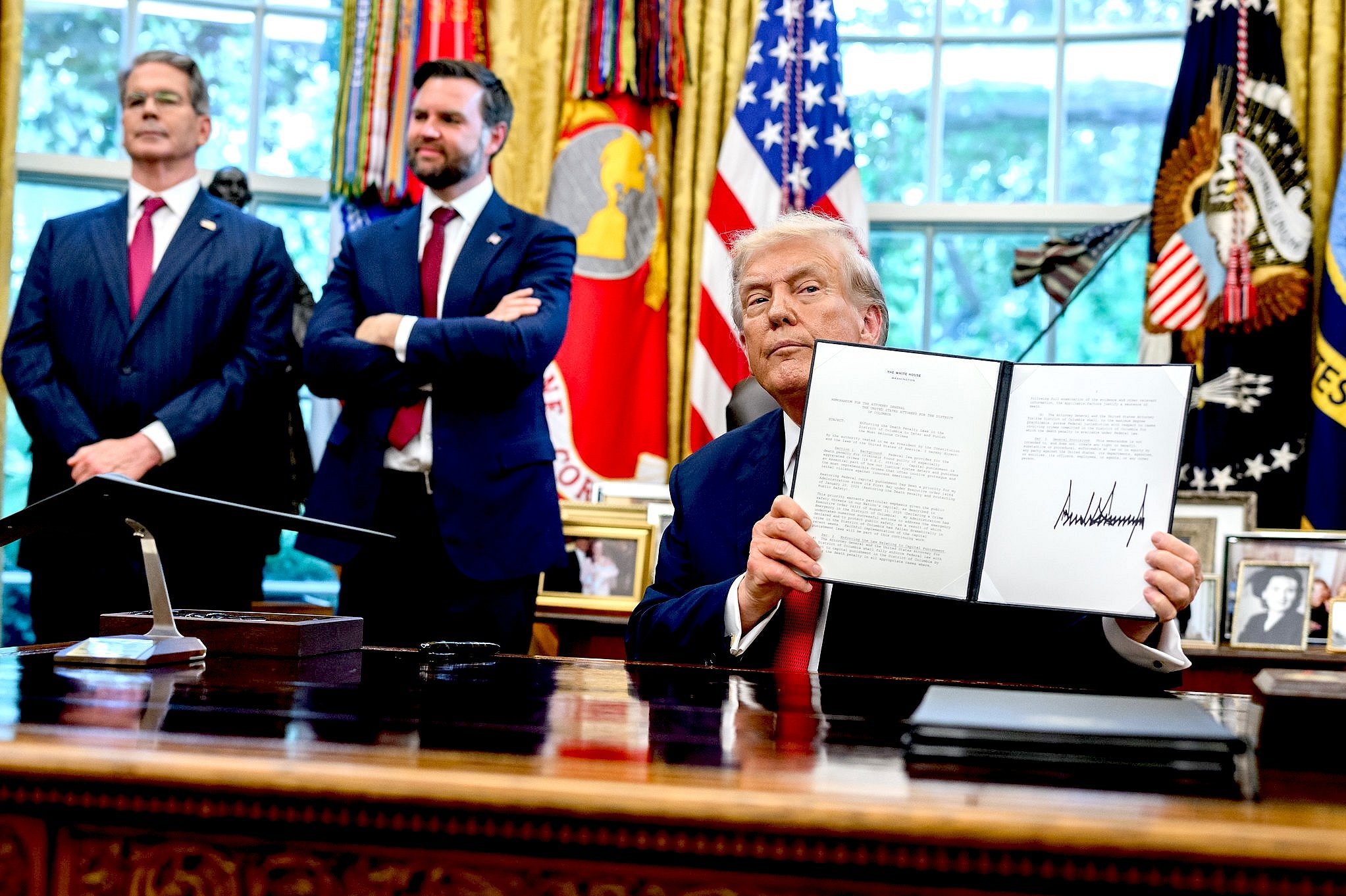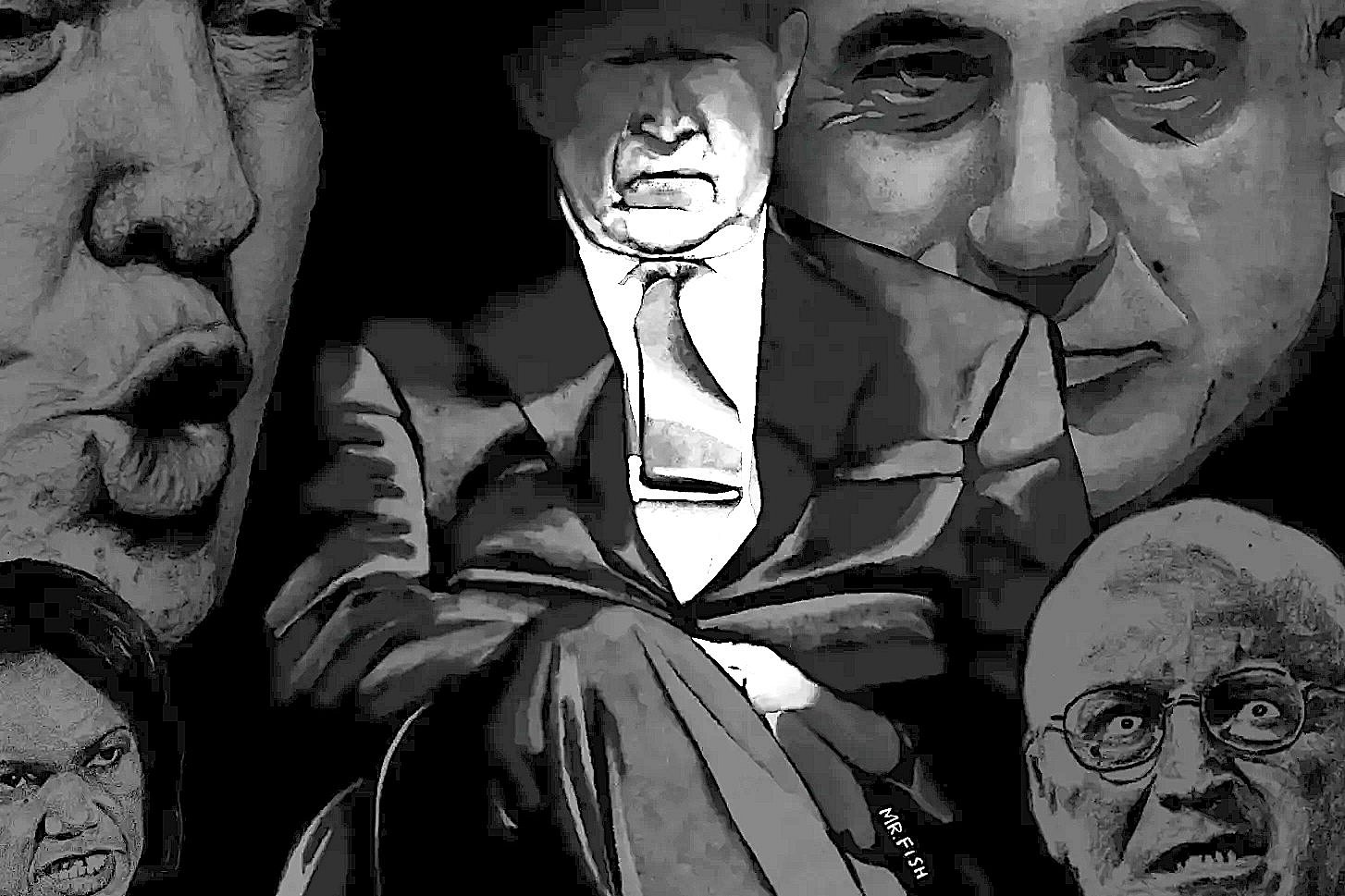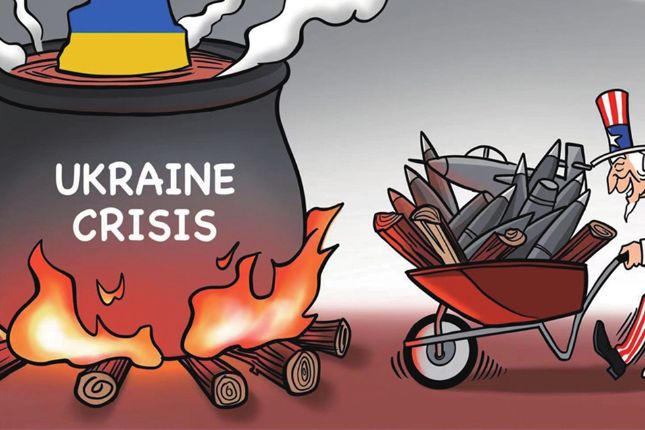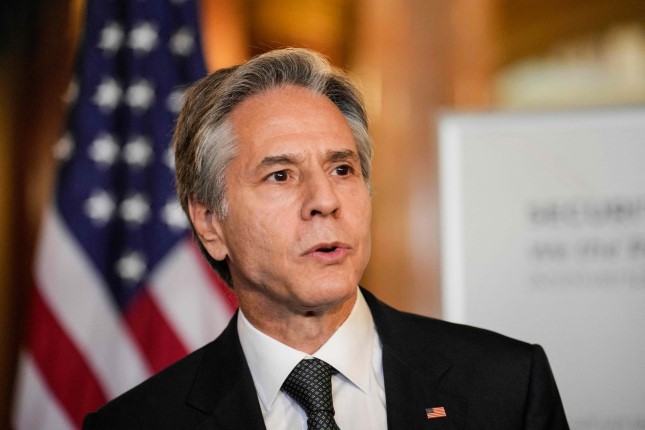It appears that "the markets" were the driving force for the election of Rishi Sunak, rather than democracy or even conservative politics itself being the primary motivation. Nearly everything you read about Sunak will tell you that he is the person who has the ability to make the markets more stable. According to the New Statesman, he will "regain market confidence." Compared to Boris, he will prove to be a "reassuring figure" for the markets. According to a headline in Bloomberg, "the Markets are calling the shots," it would appear that this is the case. This past weekend, George Osborne, who had previously served as chancellor, was interviewed on television and stated, "There is someone else with a vote in all of this, and that is the markets." He stated that we do not need to wait for a general election to allow them to vote. Alas, the markets held a vote, and Rishi received the most votes.
In his first speech as prime minister, Sunak also paid tribute to the markets and formed a new credo, declaring, "I will place economic stability and confidence at the heart of this government's mission."
Sunak, who has a history as a very successful investment banker, undoubtedly has a great deal of knowledge regarding how money operates. However, the crucial question is whether or not money is the actual problem facing the Conservative party or whether it is merely the presenting problem.
In order to understand the root cause of the economic instability and recession, one must take a more in-depth look at what is taking place within the Conservative party in the UK. The political turmoil in the party that the world has seen over the last few weeks may be a sign of a bigger problem in Western society as a whole. This problem has less to do with money and more to do with morality and identity.
The Conservative Party is Europe's, if not the world's, oldest political party. It is the party that brought the world great historical personalities and leaders like Winston Churchill and Margaret Thatcher. The Conservative Party gave birth to much of the legal and political framework in which the United Kingdom now lives.
However, lately, it appears like the party has lost its moral compass, is disconnected from the public, disoriented, and is known for having a Prime Minister who only lasted 45 days in Downing Street. British politics appears to be deteriorating—a philosophical void. A comment article written by one of the Tory Party's former leaders, William Hague, reveals the true status of the Tory Party. 'Ideology is dead: it's competence we need now," implying that the once-mighty Conservative Party has run out of steam.
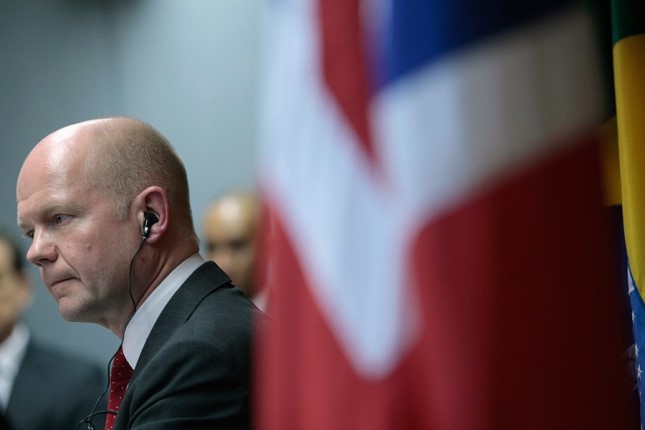
Former British Foreign Secretary William Hague.
Another prominent and well-known British journalist and commentator, Peter Hitchens, also pointed out the ideological void in the Conservative party in his blog in The Mail on Sunday:
"Our society is in ruins because politicians of all major parties ruined it. They attacked stable family life. They allowed the post-1960 BBC to wage war against patriotism, religion and morality. They encouraged private debt. They removed wise controls on the twin curses of alcohol and gambling. They excused crime, let it rage, and failed to prevent the spread of dangerous illegal drugs. They neutralised the police and courts. They destroyed the manufacturing industry. They flung open our borders. They started stupid wars. They ruined the schools. They postponed the reckoning by borrowing and borrowing and hoping something would turn up. The great economist and moralist Adam Smith - who knew you couldn't be prosperous without being moral - said there was a lot of ruin in a nation. And our story of long, slow decline proves that. It has taken a lot of effort to bring one of the greatest civilisations in human history to this state, but here we are. (..)Ms Truss rose to the top precisely because she believed in nothing. Believing in things is right out of fashion. She had no aim but her own career. The others are all the same."
Hitchens is correct in his assertion that this is the outcome of the fact that many conservative parties, not only in the United Kingdom but also throughout the rest of the Western world, have been conducting a war against patriotism, religion, and morality like the leftists.
In the United Kingdom, the political atmosphere is growing increasingly unethical. This could be the root cause of the financial crisis. Research in economics shows that morality may be a big part of what makes the economy unstable in the long run.
Bad morals lead to bad business.
A fascinating study published in International Advances in Economic Research suggests that a lack of morality may explain the economic and financial crisis. Based on her research, author Klára Katona contends that without a moral attitude at the individual and institutional levels, the entire system is doomed to fail.
In her research, lack of morality is mentioned as a possible explanation for the economic crisis in general, particularly the 2008 financial crisis, among calls for fundamental change in the economic system.
Moral interpretations of economics, as well as the concept of morality itself, can differ depending on intellectual traditions and religions. Morality can be measured by indices, such as the Freedom from Corruption or the World Index of Moral Freedom which regard religiosity as a negative factor in relation to other moral criteria. But at the same time, Katona points out. There is a venerable tradition of reconciling economics with the moral concepts of major faiths, from Ibn Khaldún (1332–1406) in Islam to Max Weber's famous work on Protestant ethics and material welfare.
The study also notes that Catholic social teaching argues that morality and the economy are inextricably linked and emphasises the moral interpretation of economic disparities. In numerous papal encyclicals, the Catholic Church has drawn attention to the inseparability of morals and the workings of the economy, each one supporting and expanding on the preceding one's statements. The relevance of morality in all human activities, including economic activity, is emphasised in Catholic social teaching
As these studies show, it is unlikely that the Tories can salvage the economy by selling their souls to the market; instead, they need to prioritise moral development alongside the economic expansion. The party needs a thinker at the helm, not a money manager.





















